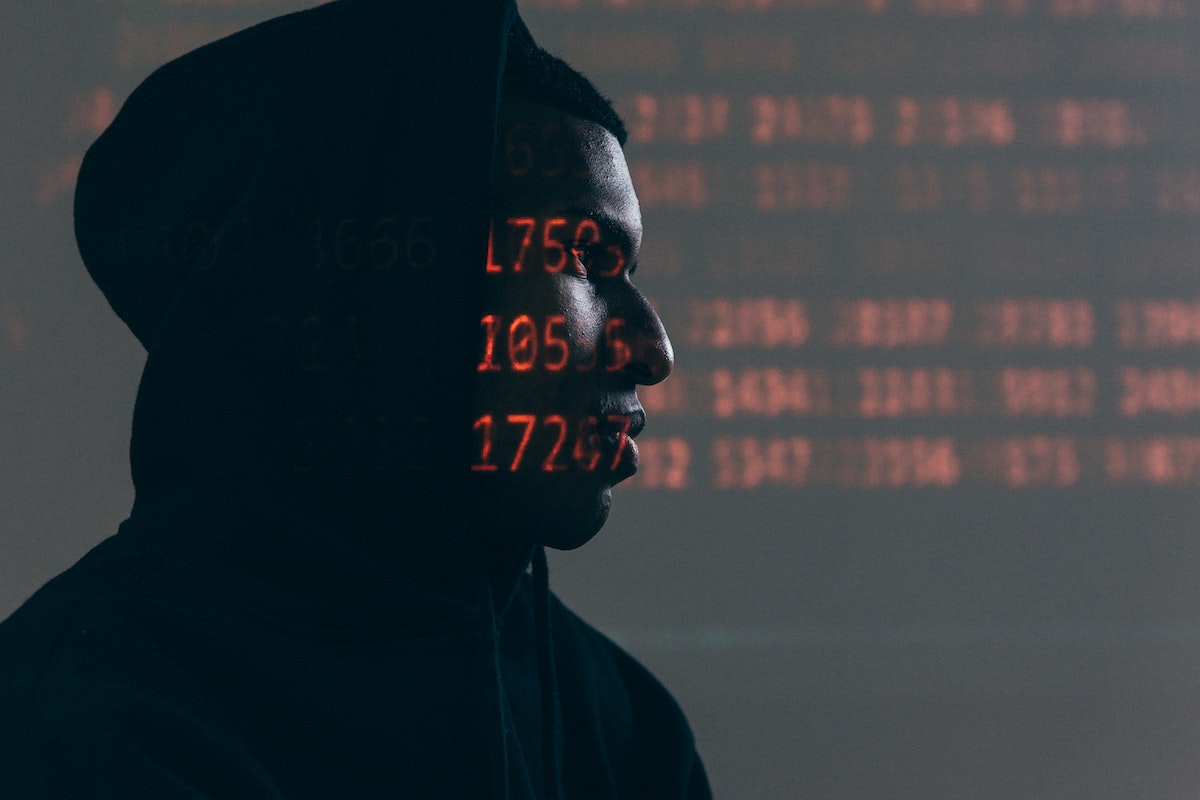Anonymity on the Internet is not just an option for offenders. It’s important for every user on the Internet. Whether it’s to avoid cyber criminals, protect you from harassment, or solve a confidential personal problem, we all benefit from our ability to remain anonymous online. In our article below, we’ve shared some tips for protecting and anonymizing your identity online.

Don’t Disclose Your Personal Phone Number and Email Address
Using your email and phone number when registering online leads to a lot of spam. For example, if you have to share this information with online stores or online services, avoid sharing it with random users on social networks and messengers as well. There are ways to protect your personal phone number and e-mail from potential spammers. Create “alternate” email accounts that you’ll use for shopping and in situations where you need to leave an email. You can also purchase an additional phone number to receive SMS messages to sign up for those resources that require phone number verification.
For example, SMS-man provides virtual numbers for registering with more than 1,000 different online services. In addition, you can choose your number’s country code yourself, which can be useful for bypassing regional restrictions in local applications.
Use a VPN
A VPN is one of the best investments you can make to protect yourself online. It works by encrypting the data you send over the Internet. It prevents anyone from seeing what you are doing online. There are hundreds of VPN services providers from which you can choose. But avoid Free VPNs because these companies often make money from selling user data.
Be Careful on Social Networks
Social media accounts contain a lot of personal information, and other users can access it as well. However, the best way to protect your social media data is to check your privacy settings. From there, you can decide who can see your account data and to what extent. For example, you can prohibit other users from tagging you in photos or allow only your friends to view your photos, friend list, etc. You can further narrow it down by creating your own list of friends who will see your content or block content from viewing altogether.
Keep Programs and Applications Updated
Many malicious users take advantage of vulnerabilities in outdated programs and add-ons, so check the version of your browser and other applications. With an up-to-date version, you have less chance of becoming a victim of cybercriminals, because when new viruses appear, the manufacturers make updates to their product. Postponing updates is like leaving your apartment door unlocked.
The advice applies not only to individual programs. Don’t forget to update the router and modem firmware, as well as install operating system updates. And you don’t have to have the latest OS. Most often security updates are released even for previous versions of the operating system.
Don’t Install Questionable Browser Plugins
Depending on their features, extensions can have access to a huge amount of your data, like your browsing history. Or even change the way that data is shown to you. So choose your programs very carefully. Install only what you really need and only from the official browser store.
Reliability of Passwords
Passwords directly protect your data from unauthorized persons. However, it is not enough to have only one password for all accounts, because such passwords can help open your confidential information to hackers. Above all, use long passwords consisting of 12 or more characters that include letters and numbers. Use different login passwords for different platforms, social networks, services, etc.
Summary
While the Internet is fun and exciting, it can also lead to many unpleasant situations, such as spam emails or identity theft. To protect your online privacy, you need to use strong passwords, VPNs and confidential storage options for important information. At the end of the day, it’s up to you to decide what to share on social media, what data to leave behind while browsing, shopping, or communicating.